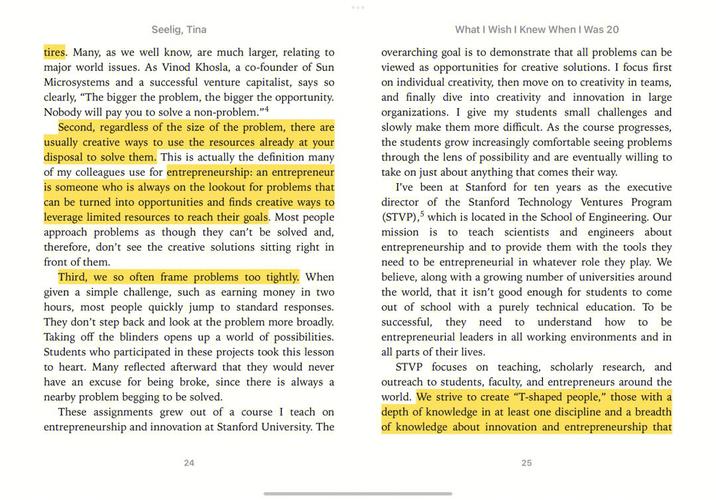
Have you ever found yourself wishing you were a bit taller? Whether it’s for fashion, confidence, or simply to fit in better with your peers, the desire for height is a common one. In this article, we’ll delve into the various aspects of height, including its impact on self-esteem, social interactions, and even career opportunities. So, let’s explore the world of height and see what it means for you.
Understanding Height and Genetics
Height is a complex trait influenced by both genetic and environmental factors. On average, men are taller than women, with the average height for men being around 5 feet 9 inches and for women, 5 feet 4 inches. However, these numbers can vary widely depending on genetics, nutrition, and overall health.
| Genetic Factors | Environmental Factors |
|---|---|
| Parental height | Nutrition during childhood |
| Genetic predisposition | Physical activity |
| Genetic mutations | Overall health |
The Impact of Height on Self-Esteem
Height can have a significant impact on self-esteem, particularly during adolescence. Studies have shown that taller individuals tend to have higher self-esteem and are more likely to be perceived as attractive. This can lead to increased confidence and a positive self-image. However, it’s important to remember that self-esteem is not solely determined by height, and there are many other factors that contribute to a person’s self-worth.
Height and Social Interactions
Height can also play a role in social interactions. In many cultures, taller individuals are often seen as more dominant and authoritative. This can make it easier for them to assert their opinions and gain the respect of others. However, height is not the only factor that determines social status or influence. Personality, intelligence, and other qualities also play a significant role.
Height and Career Opportunities
While height may not be a direct determinant of career success, it can have an indirect impact on opportunities. In certain industries, such as modeling, acting, and sports, height can be a significant advantage. However, in most professions, other factors such as skills, experience, and qualifications are more important. It’s essential to focus on your strengths and work towards achieving your goals, regardless of your height.
Height and Fashion
When it comes to fashion, height can make a significant difference. Taller individuals often have an easier time finding clothes that fit well and flatter their body type. They can also experiment with more styles and trends. However, shorter individuals can also look stylish and fashionable with the right clothing choices and accessories.

Height and Health
Height can also have implications for health. Taller individuals may be at a higher risk for certain health conditions, such as osteoporosis and heart disease. However, this does not mean that shorter individuals are immune to health issues. It’s important to focus on maintaining a healthy lifestyle, regardless of your height.
Conclusion
While the desire to be taller is a common one, it’s important to remember that height is just one of many factors that contribute to a person’s overall well-being. Focusing on your strengths, nurturing your self-esteem, and embracing your unique qualities are more important than trying to change something that is inherently part of who you are.



